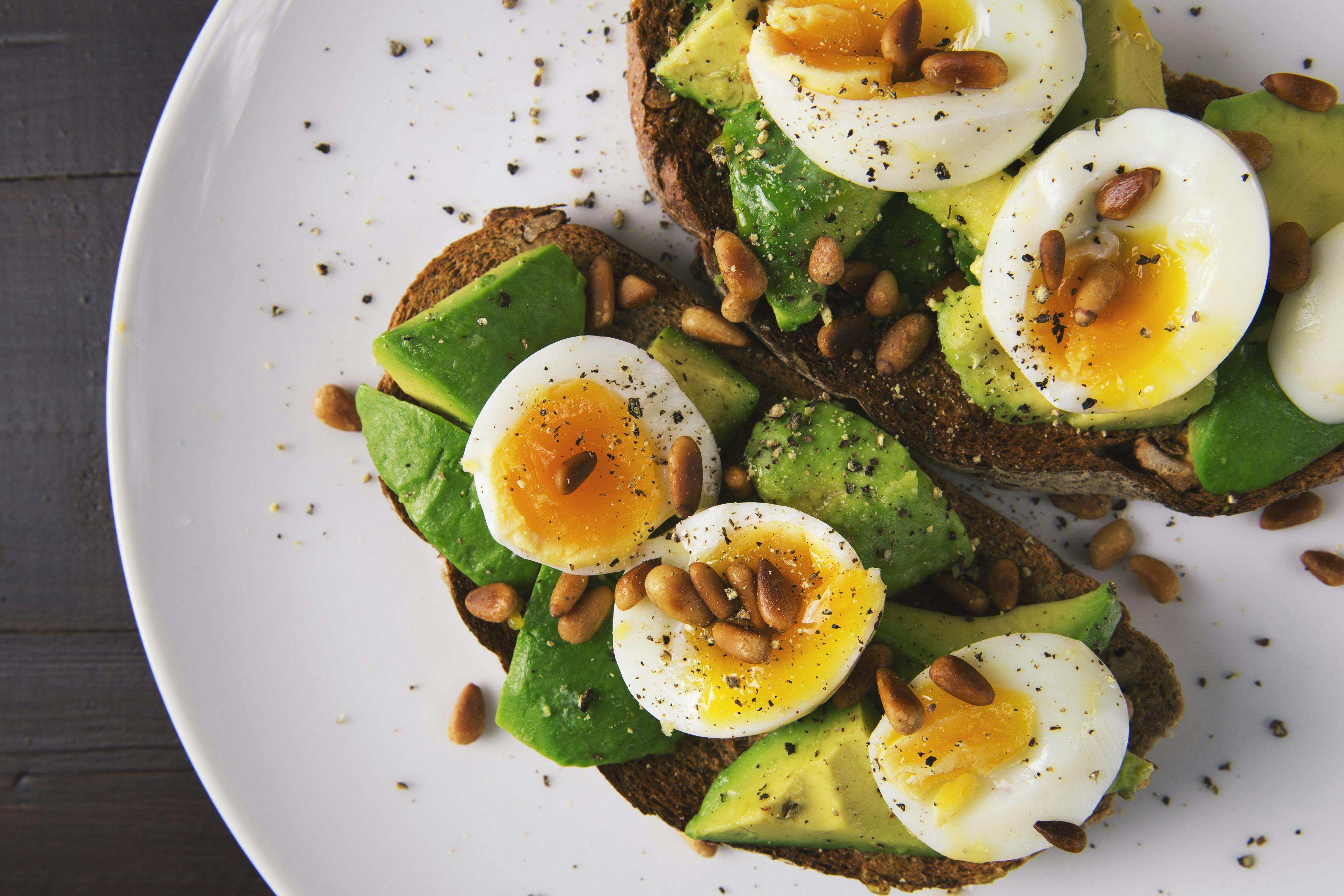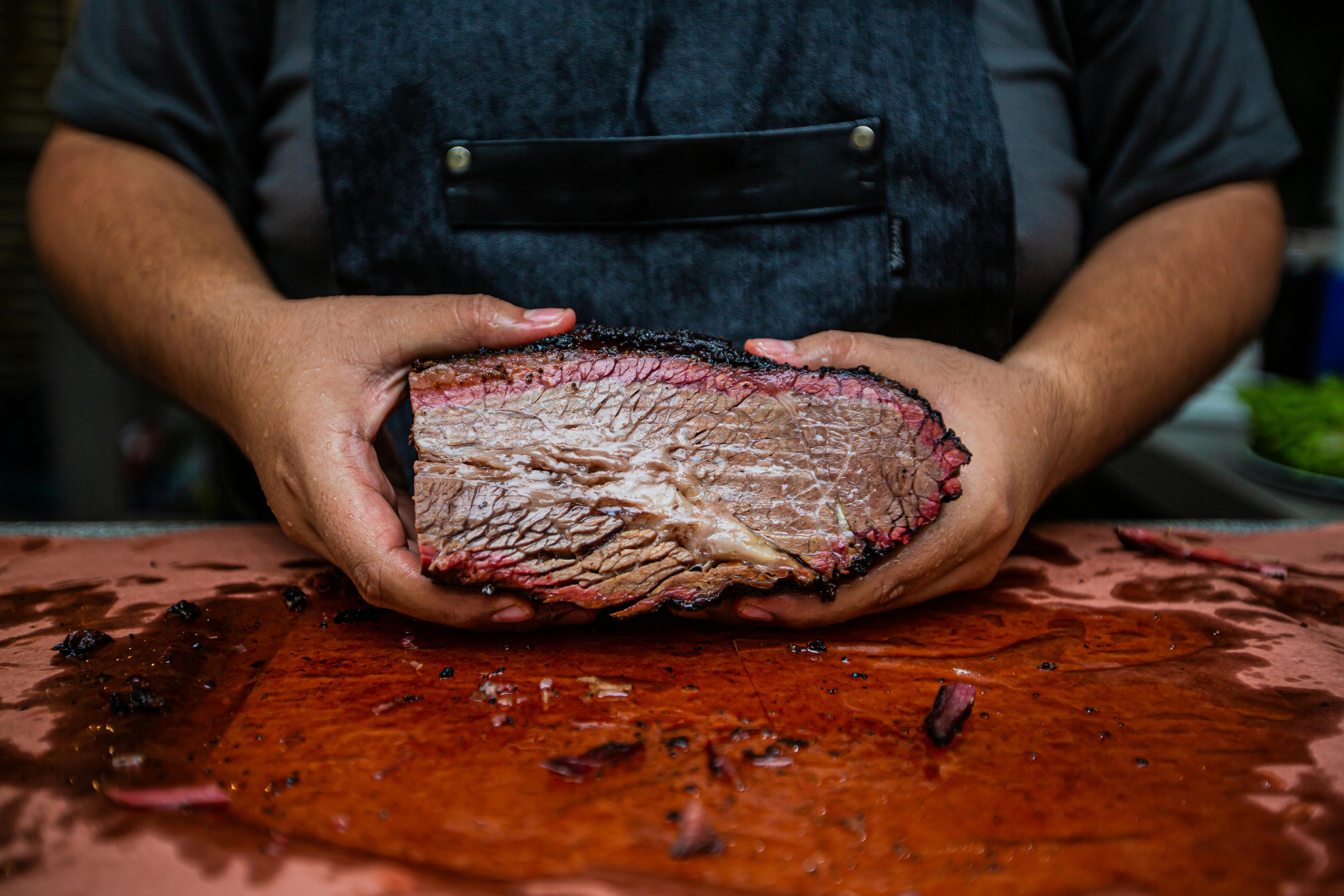Effective Ways to Enhance Your Keto Mediterranean Diet in 2025
The Keto Mediterranean Diet merges two powerful eating philosophies—the ketogenic diet, known for its low-carb and high-fat principles, and the Mediterranean diet, celebrated for its emphasis on whole foods and healthy fats. As more individuals pursue sustainable and healthy lifestyles in 2025, integrating these two diets can yield numerous health benefits, including weight loss, increased energy, and enhanced heart health.
By focusing on nutrient-dense foods, utilizing healthy fats like olive oil, and incorporating a variety of vegetables and seafood, you can create meals that are not only flavorful but also aligned with your dietary goals. This article presents effective strategies for enhancing your Keto Mediterranean Diet, including smart meal planning, the use of Mediterranean herbs, and embracing seasonal produce.
Throughout, we’ll cover key takeaways to help you on your journey to balance, mindfulness, and health in your dietary choices. From easy keto recipes to mindful eating practices, discover how to seamlessly integrate these two cuisines into your life.
Understanding the Keto Mediterranean Diet
To effectively enhance your Keto Mediterranean Diet, starting with a clear understanding of both dietary principles is crucial. The ketogenic diet focuses on high fat and low carbohydrate intake, prompting your body to enter ketosis—a metabolic state that burns fat for energy. Conversely, the Mediterranean diet emphasizes fresh vegetables, whole grains, seafood, healthy fats, and moderate consumption of dairy—principles centered around heart health and wellness, as evidenced in numerous studies.
This blend allows you to enjoy the culinary traditions of Mediterranean cuisine while adhering to a keto lifestyle. Incorporating high protein meals, healthy fats such as avocados, and moderate portions of whole foods creates a varied and fulfilling diet plan.
Meal Planning for Success
Efficient meal planning is essential when transitioning to or enhancing your Keto Mediterranean Diet. Start by creating a grocery shopping list that includes low carb vegetables like zucchini and spinach, healthy fats like olive oil, and protein sources such as fish and lean meats. Experienced dieters recommend including a variety of foods to prevent monotony and ensure balanced nutrition.
Consider preparing Mediterranean dishes in advance, allowing for quick, healthy meals throughout the week. Meal prep not only saves time but also supports portion control—a critical element in maintaining a calorie deficit for weight management.
Incorporating Healthy Fats
Healthy fats play a central role in both the ketogenic diet and the Mediterranean diet. Olive oil, for instance, is not only a staple in Mediterranean cuisine but is also packed with heart-healthy monounsaturated fats. It can be used to dress salads, drizzle over vegetables, or enhance seafood dishes.
Other plant-based fats, like those from nuts and avocados, should be included regularly. These fats can provide additional nutrients and satiety, ensuring you stay satisfied while achieving ketosis. Emphasizing these healthy fats promotes heart health and adds to the overall flavors of your meals.
Exploring Mediterranean Herbs and Spices
One way to elevate your meals is by exploring the wide variety of Mediterranean herbs and spices. Ingredients such as oregano, basil, and rosemary not only add flavor but also possess anti-inflammatory properties, contributing to overall wellness. Incorporating these herbs into your cooking methods enhances the nutrient profile without adding extra calories, keeping your meals delicious while sticking to your dietary restrictions.
These aromatic additions make it easier to enjoy low sugar foods while adhering to your diet, transforming simple vegetables and lean proteins into festive meals.
Mindful Eating Practices
Mindful eating is an essential aspect of a sustainable Keto Mediterranean Diet. This practice involves being conscious of what you eat and savoring every bite, which enhances the enjoyment of food and may lead to more satiety. By focusing on the flavors of Mediterranean cuisine and the textures of nutrient-dense foods, you can cultivate a deeper appreciation for your meals.
Incorporating this mindful eating approach may also help you to be more aware of your hunger and fullness cues, ultimately aiding in portion management and supporting your weight loss efforts.
Key Takeaways and Culinary Traditions
By synthesizing the principles of the ketogenic and Mediterranean diets, you can create a versatile approach that includes a wide range of foods, cooking techniques, and healthy habits. This not only helps with maintaining a healthy lifestyle but also respects the cultural heritage and gastronomic traditions of Mediterranean cuisine. Explore food alternatives and seasonal produce to diversify your meals while remaining mindful of macro tracking and dietary requests.
Utilizing effective meal prep, incorporating vibrant Mediterranean herbs, and employing mindful eating practices will enrich your Keto Mediterranean experience, preparing you for a successful and sustainable wellness journey in the year ahead.

 ```
Its part of generated content. Can i generate another part?
```
Its part of generated content. Can i generate another part? 